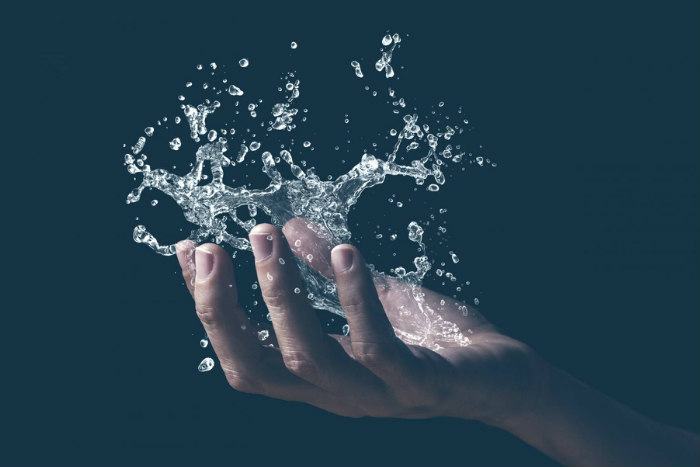
Ritual immersion in a (sometimes translated as mikveh), a gathering of living water (mayyim hayyim), marks a change in status. People immerse at a mikvah to celebrate moments of joy, to heal after times of sorrow or illness, or to commemorate transitions and changes.
Ritual immersion is an ancient part of Jewish tradition, noted in the Torah and in later rabbinic commentaries. Today, there are only a few cases where immersion is still designated as a , or an act required by Jewish law: for converts to Judaism, for brides, and for women observing niddah, the practice of immersing monthly following menstruation.
Mikvah has also been used for other purposes throughout Jewish history: for example, by men prior to Shabbat and the holidays, by women in the ninth month of pregnancy. Today, people are welcome to immerse to commemorate a wide variety of transitions and occasions: prior to reading Torah for the first time; before or after surgery; on the occasion of being ordained a rabbi; becoming a grandparent; and reaching the age of 40, or 50, or 85.
Every religious tradition uses water to denote change and transformation. In Jewish tradition, water is part of a sacred narrative, as when Hebrews traveled through the waters of the Red Sea as they left Egypt, marking their transformation from a tribe of slaves into a free people.
Mikvah is the Jewish ritual that symbolically enacts this kind of profound change for individuals. The mikvah pool recalls the watery state that each of us knew before we were born; the ritual of entering and leaving mayyim hayyim, living waters, creates the time and space to acknowledge and embrace a new stage of life.
